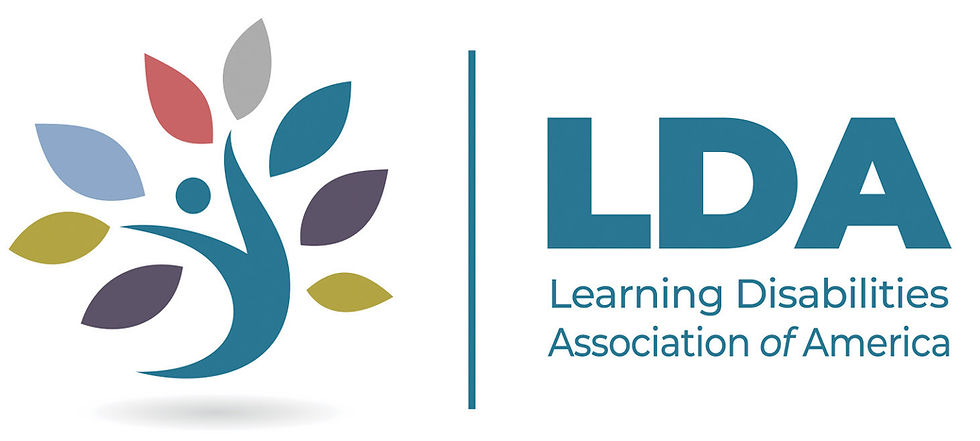How Do You Learn About Learning Disabilities?
- Dysgraphia Life

- May 28, 2024
- 2 min read
This week, Dysgraphia Life presented an insightful webinar on how individuals learn about learning disabilities, focusing on the experiences of parents and guardians of children with various learning disabilities. Led by hosts Jennifer C. King, PhD, and Amy Copeland, the webinar delved into the results of a survey that aimed to understand how families seek information, identify trustworthy sources, and engage with research teams.
The survey, which garnered participation from 180 respondents representing 32 states, Puerto Rico, Australia, and Canada, shed light on the preferences and challenges faced by parents and guardians in supporting students with learning disabilities, with a majority identifying as parents of children with dysgraphia. The findings highlighted a distinct reliance on non-school-based professionals and learning disabilities organizations for valuable information, indicating a gap in trust for information sourced from schools.

Trustworthiness in information sources emerged as a crucial factor for parents and guardians, with learning disabilities organization websites, academic journals, and healthcare organization websites ranking as the most trustworthy sources. In contrast, social media platforms such as Twitter, Instagram, Facebook, and YouTube were perceived as less reliable for learning disabilities information. This underscores the importance of credible sources in disseminating accurate and helpful information to support children with learning disabilities effectively.
One of the key takeaways was the significant interest among parents and guardians in being involved in research related to learning disabilities, albeit with concerns around logistics, privacy, and safety. The webinar emphasized the shift towards person-centered research and the crucial role of engaging patients, caregivers, clinicians, and other stakeholders from the community in all stages of the research process.
Furthermore, the webinar highlighted the disparities in research participation based on factors like education level and race/ethnicity, emphasizing the need for increased diversity and inclusion in study participants. Understanding the motivations and challenges faced by parents and guardians in participating in research is vital for fostering meaningful engagement and collaboration within the learning disabilities community.

In addressing the struggles faced by parents and guardians supporting students with dysgraphia, the webinar touched upon the need for improved recognition of dysgraphia, advocacy for appropriate school support, and the impact on students' self-perception and motivation. The discussion underscored the importance of providing relevant, plain-language research findings that directly relate to everyday life and decision-making processes for parents and caregivers.
In conclusion, the Dysgraphia Life webinar provided valuable insights into the information-seeking behaviors, trust preferences, and research engagement of parents and guardians in the learning disabilities community. By emphasizing community-driven research priorities, inclusive engagement strategies, and trustworthy information sources, the webinar aims to empower families in advocating for and supporting children with learning disabilities effectively.




Comments